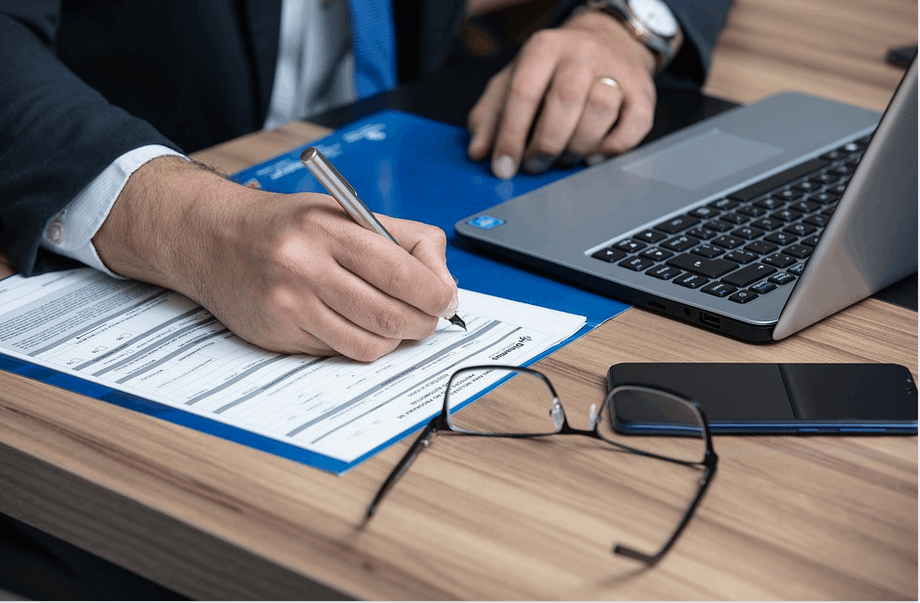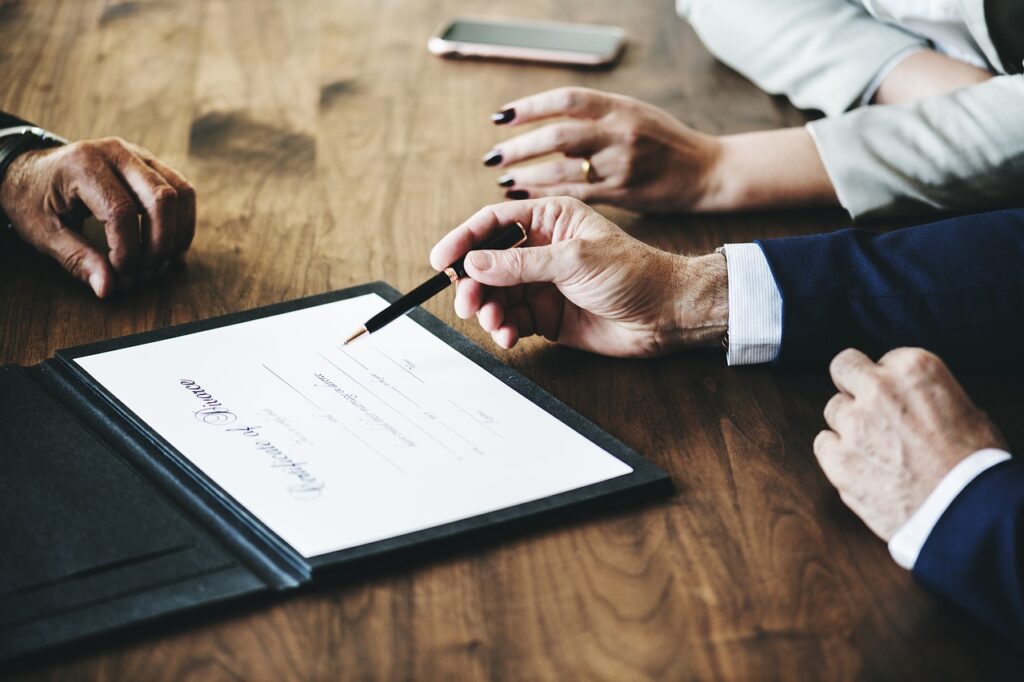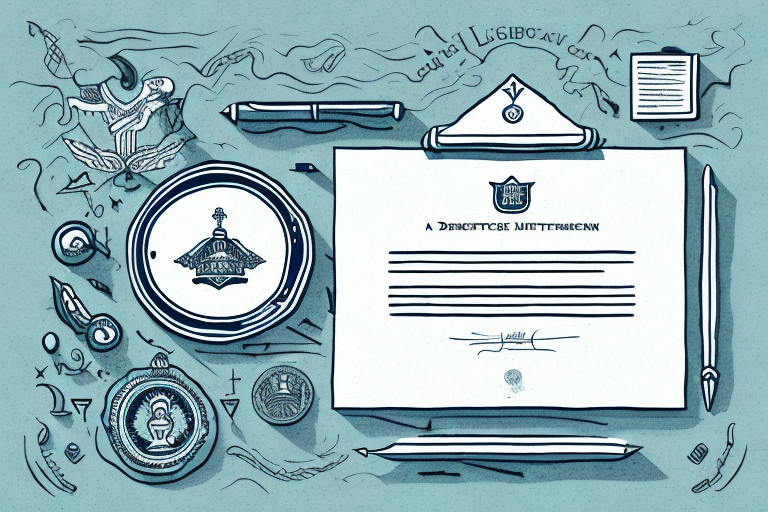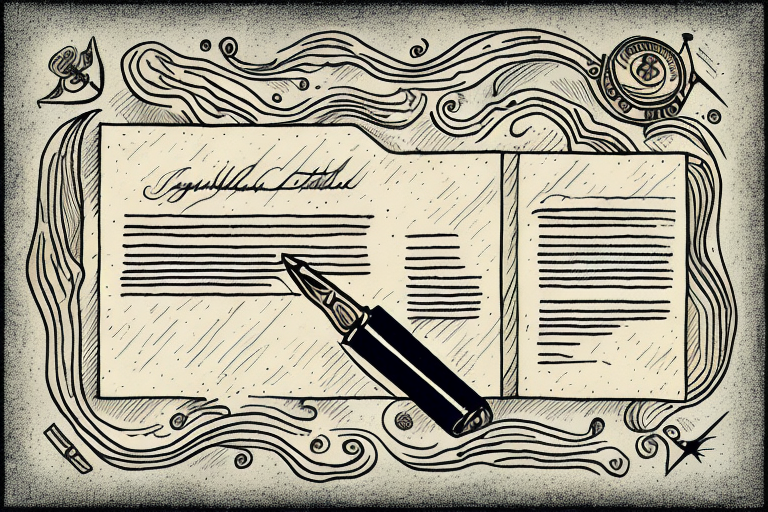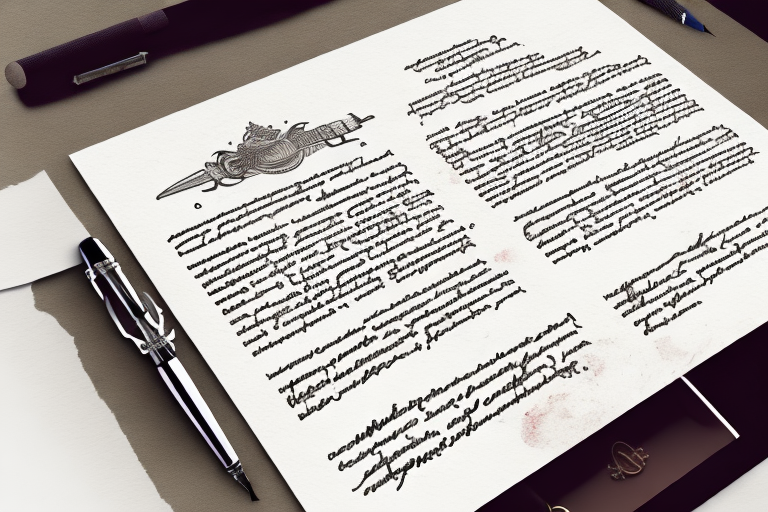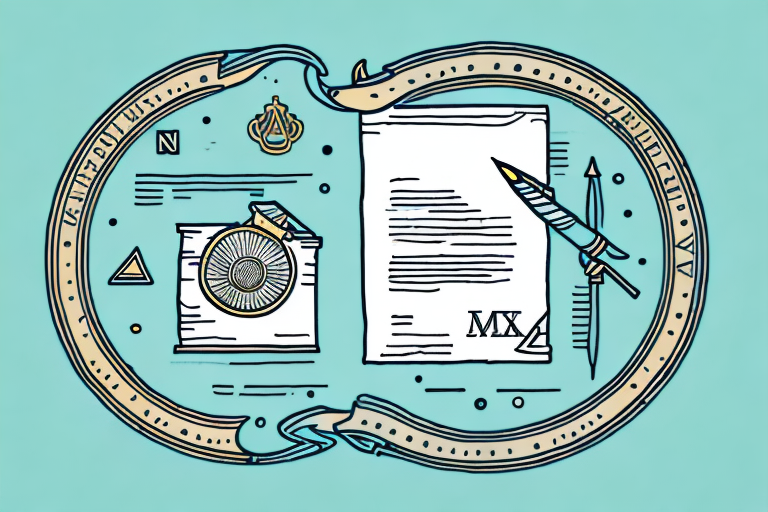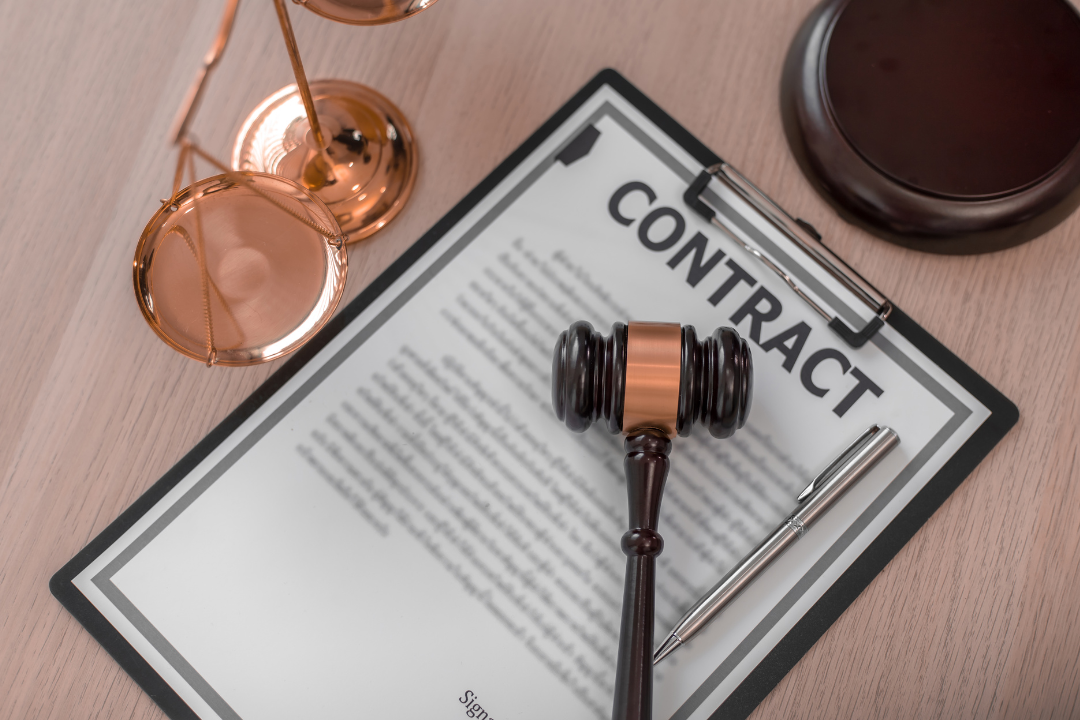Is it Always a 50/50 Split? The Reality of Asset Division for Sydney De Facto and Married Couples
When a relationship ends, the most common question asked in Sydney family law advice circles is: “Am I entitled to half?” There is a persistent myth that Australian law mandates an automatic equal distribution of property. However, the reality of asset division NSW is far more nuanced.
For both married and de facto couples, the Family Law Act 1975 does not start with a presumption of 50/50. Instead, the court applies a specific judicial process to determine what is “just and equitable.” Whether you are navigating a high-net-worth divorce in the CBD or a de facto separation in the suburbs, understanding the mechanics of a property split after separation is essential for protecting your financial future.
See more:Year-End Tax Planning Tips Every Australian Should Know
The 50/50 Myth vs. Australian Family Law
The idea of a mandatory equal split often stems from international media or a misunderstanding of “community property” dynamics found in other jurisdictions. In Australia, the court looks at the unique DNA of your specific relationship.
Is there a “Starting Point” for Property Settlements?
Legally, there is no rule stating that a settlement must begin at 50%. The court’s primary objective is to reach a result that is fair to both parties based on their contributions and future needs. While many long-term marriages do result in something close to an equal split, short-term relationships or those with significant initial contributions often deviate significantly from the 50/50 mark.
The Four-Step Process for Asset Division NSW
To determine how assets are divided, the Federal Circuit and Family Court of Australia (FCFCOA) generally follows a structured four-step framework. This process ensures all variables—from real estate to superannuation—are accounted for.
1. Identifying the Property Pool
The first step is to list every asset, liability, and financial resource owned by either party. This includes:
- Real estate (family homes and investment properties)
- Bank accounts, shares, and crypto-assets
- Superannuation (which is treated as “property” in Australia)
- Business interests and private companies
- Debts (mortgages, credit cards, and tax liabilities)
2. Assessing Contributions
The court evaluates what each person brought to the relationship. This isn’t just about who earned the highest salary.
- Financial Contributions: Initial assets brought into the marriage, wages, and inheritances.
- Non-Financial Contributions: Improvements to a property (e.g., DIY renovations) or helping build a family business.
- Homemaker/Parenting Contributions: The value of staying home to raise children or manage the household is given significant weight, often equalizing the “breadwinner’s” financial input in long-term relationships.
3. Future Needs (The “Section 75(2)” Factors)
Once contributions are assessed, the court looks forward. If one partner has a lower earning capacity or primary care of children, they may receive a “percentage adjustment” in their favor.
- Age and health status
- Care of children under 18
- Income-earning capacity and disparity
- The duration of the marriage
4. The Justice and Equity Test
Finally, the court reviews the proposed split to ensure the overall result is “just and equitable” in the specific circumstances of the case.
De Facto vs. Married Couples: Is the Law Different?

In New South Wales, de facto couples generally have the same rights to property settlement as married couples, provided they meet certain criteria.
Qualifying for a De Facto Property Claim
To seek a property split after separation under the Family Law Act, a de facto couple must usually prove one of the following:
- The relationship lasted at least two years.
- There is a child of the relationship.
- One party made substantial contributions, and a failure to make an order would result in serious injustice.
- The relationship was registered under a state or territory law.
While the legal principles are largely identical, the “start date” of a de facto relationship is often a point of contention, as it dictates which assets are considered part of the shared pool.
Real-World Examples: When the Split Isn’t 50/50
Case A: The Short-Term Marriage
A couple is married for three years. Partner A entered the marriage with a $1M apartment, while Partner B had no assets. Upon separation, the court is unlikely to award Partner B 50% of that apartment. Instead, the split would heavily favor the initial contribution of Partner A.
Case B: The Long-Term Homemaker
A couple is married for 25 years. Partner A worked as a surgeon, while Partner B stayed home to raise three children. Even though Partner A earned 100% of the income, the court will likely view the homemaker contributions as equal to the financial ones. If Partner B also has lower future earning capacity, they might receive 55% or 60% of the pool.
Best Practices for a Smooth Property Split
Navigating a separation in Sydney’s high-stakes property market requires a strategic approach.
- Full and Frank Disclosure: You are legally required to share all financial information. Hiding assets is a “common mistake” that can lead to cost orders against you or the reopening of a case years later.
- Value Assets Accurately: In a fluctuating market, getting a formal valuation of the family home is better than guessing based on online estimates.
- Consider Tax Implications: Capital Gains Tax (CGT) and stamp duty can significantly impact the “actual” value of an asset. Always seek Sydney family law advice that considers the financial aftermath.
Common Mistakes to Avoid in Asset Division
- Waiting too long: Married couples have 12 months from the date of divorce to finalize property orders. De facto couples have 2 years from the date of separation.
- Assuming “My” Super is “My” Super: Superannuation is almost always divisible.
- Informal Agreements: “Handshake deals” are not legally binding. Without a Consent Order or a Binding Financial Agreement, your ex-partner can come back years later to claim more assets.
FAQ: Frequently Asked Questions about Asset Division NSW
Does it matter whose name is on the title?
Generally, no. The family law courts look at the “equitable interest” rather than just the legal title. An asset held in one person’s name is still part of the distributable pool.
Can I protect my inheritance from a property split?
Inheritances are part of the pool, but how they are treated depends on when they were received. An inheritance received late in a marriage or after separation is often “shielded” or credited heavily to the recipient.
Is the family home always sold?
Not necessarily. One partner can “buy out” the other’s interest, or the house can be transferred as part of the overall percentage split.
How long does a property settlement take in Sydney?
If parties agree and file Consent Orders, it can take 4–8 weeks. If the matter goes to a final court hearing, it can take 18 months to 2 years.
Do I have to go to court?
No. Over 90% of family law matters in Australia are settled via mediation or negotiation without a judge making the final decision.
Conclusion: Securing Your Financial Future
While the 50/50 split is a popular concept, it is rarely the default reality of asset division NSW. The law prioritizes fairness over a rigid mathematical formula, taking into account your history, your sacrifices, and your future needs.
Whether you are navigating a property split after separation or seeking initial Sydney family law advice, the goal should always be a clean break that allows both parties to move forward with financial certainty.
Would you like me to draft a checklist of documents you need to gather for your first meeting with a family lawyer?
Internal Linking Suggestions:
- Anchor Text: “Guide to De Facto Rights in NSW”
- Anchor Text: “How Superannuation Splitting Works”
- Anchor Text: “The Importance of Consent Orders”
Recommended External References:
- Federal Circuit and Family Court of Australia (Official Website)
- Legal Aid NSW – Property and Money Section


